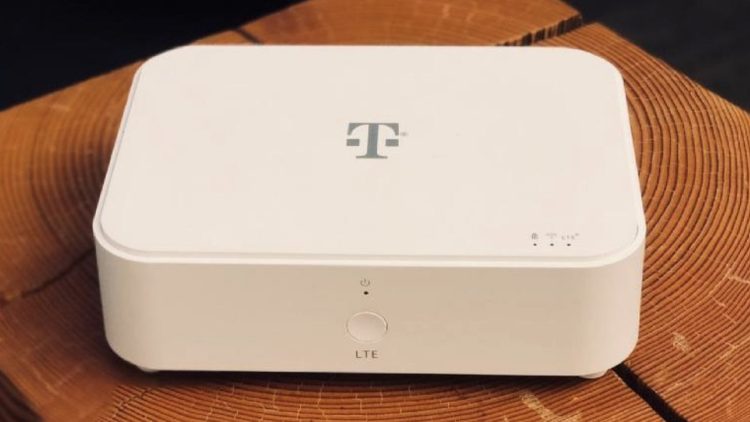Having twice previously paused its review of the proposed merger between T-Mobile and Sprint, the FCC has again paused its 180-day countdown clock — this time over T-Mobile’s late-stage submission of a disruptive plan to undercut competitors in the home broadband market, and a separate confidential filing. The latest pause is a three-week opportunity to review and comment on the new documents before the countdown resumes.
Strictly speaking, the new broadband plan adds only a handful of additional details to T-Mobile’s previous statements on the fixed wireless market, which the carrier said last May it would enter post-merger using Sprint’s 2.5GHz spectrum holdings. The carrier now says that it will enter the market before the merger by offering a free 4G broadband router to customers, then upgrade the router to a version with 2.5GHz 5G hardware, again for free. While there will be a monthly charge for broadband service, it will be offered without contracts, installation charges, or “surprises,” including “average speeds in excess of 100 Mbps to 90 percent of the country by 2024.”
As home broadband is a presently non-existent component of T-Mobile’s business, it’s hard to imagine why submitting this plan would pause review of the merger, but there’s a possibility that the FCC views it as a necessary sweetener to push through an otherwise iffy deal. Though the merger has been approved by the Defense, Homeland Security, and Justice Departments, as well as the Committee on Foreign Investment in the United States, the FCC is the lead agency on the review, focusing on the merger’s potentially negative impacts on U.S. telecommunications competition and pricing.
The document frequently (though with confidentiality redactions) references an aggressive broadband pricing strategy, claiming that it will price “its service at [_____] per month below what in-home broadband providers typically charge today,” offering similarly redacted numbers of currently unserved and underserved users — including rural ones. Redacted charts and related promises hint at a multi-year ramp-up of the home broadband service, with key stages planned for 2019, 2021, and 2024.
June 5th: The AI Audit in NYC
Join us next week in NYC to engage with top executive leaders, delving into strategies for auditing AI models to ensure fairness, optimal performance, and ethical compliance across diverse organizations. Secure your attendance for this exclusive invite-only event.
On the existing side of its business, T-Mobile also recently underscored an earlier promise that its post-merger 5G pricing will be no higher for three years than its current 4G prices. Since some carriers are considering higher prices for faster service, this could create a potentially major distinction between T-Mobile’s 5G and that of its rivals.
With the pause in effect, comments on the new plan will be accepted through March 28, after which the countdown will resume with less than 60 remaining days for a decision — unless, of course, there’s another pause. If the merger goes through, the companies will then have to bring their separate network assets together, a process that will involve both carrier- and customer-side equipment upgrades.

